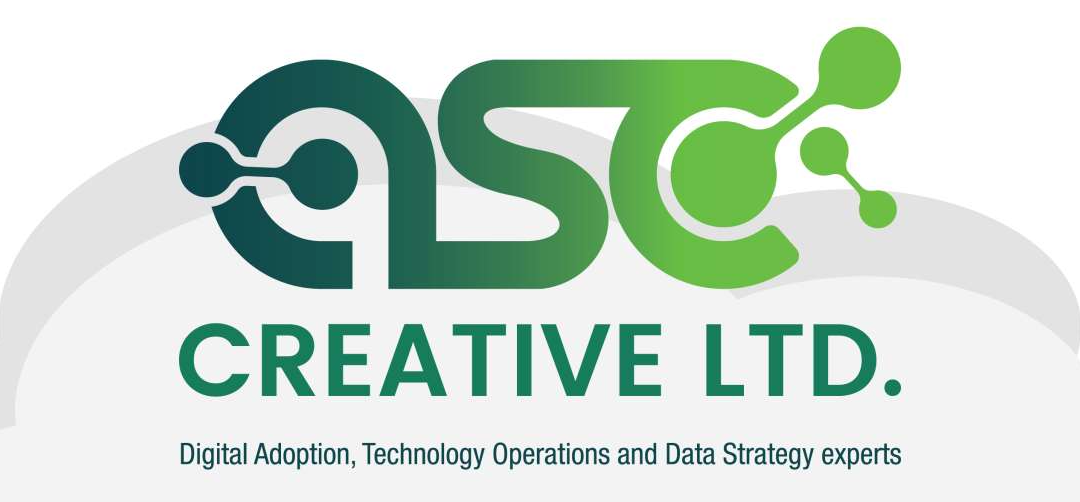If you own or manage a website in certain US states and Canadian provinces, you need to be aware of existing and pending civil rights and disability rights legislation affecting you.
Starting in 2017 and updated in 2022, the US states legislation is following guidance from the Dept of Justice requiring websites to provide unique features and functionality for physically, visually and audibly challenged website visitors. In very real terms, this functionality allows users to use a website when the user experiences color blindness, full blindness, physical deformities, hearing loss, and other ailments.
Web accessibility encompasses all disabilities that affect access to the Web, including:
- auditory
- cognitive
- neurological
- physical
- speech
- visual
Certain states are enforcing companies update their website through stiff fines.
In Canada, the Province of Ontario is leading with the Access for Ontarions with Disabilities Act (AODA). If your website takes revenue from any person in Ontario, you are subject to its rules.
The changes required to your website are defined under the W3C Web Accessibility Initiative which describes a series of additional tools and technologies for your website so that people with disabilities can use it. More specifically, people can:
- perceive, understand, navigate, and interact with the Web
- contribute to the Web
Web accessibility also benefits people without disabilities, for example:
- people using mobile phones, smart watches, smart TVs, and other devices with small screens, different input modes, etc.
- older people with changing abilities due to aging
- people with “temporary disabilities” such as a broken arm or lost glasses
- people with “situational limitations” such as in bright sunlight or in an environment where they cannot listen to audio
- people using a slow Internet connection, or who have limited or expensive bandwidth
If this sounds like a lot of work, it can be.
But ASC Creative has a tool that can be quickly (and inexpensively) implemented, and is updated whenever the techniques or legislation is updated.
Want to hear more?

